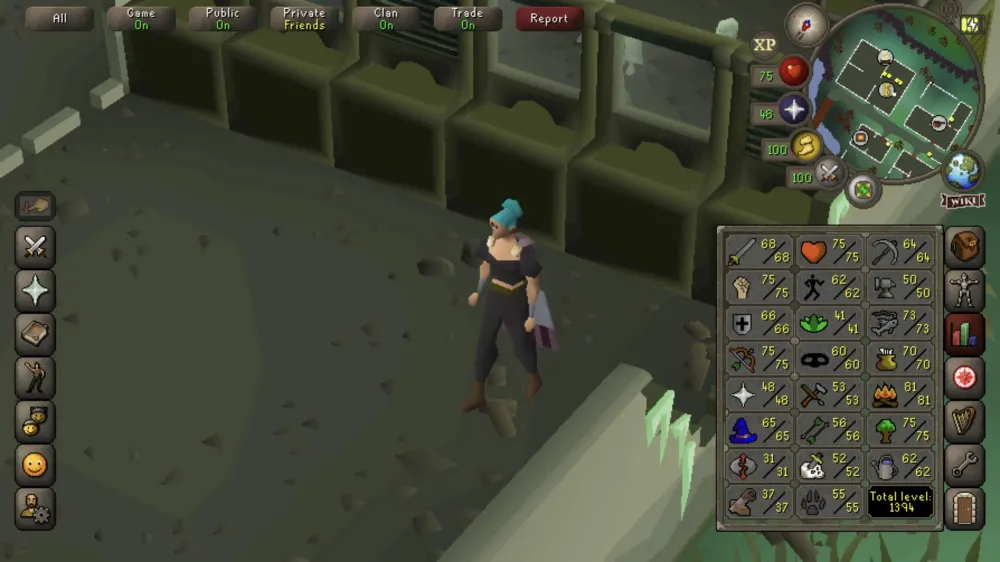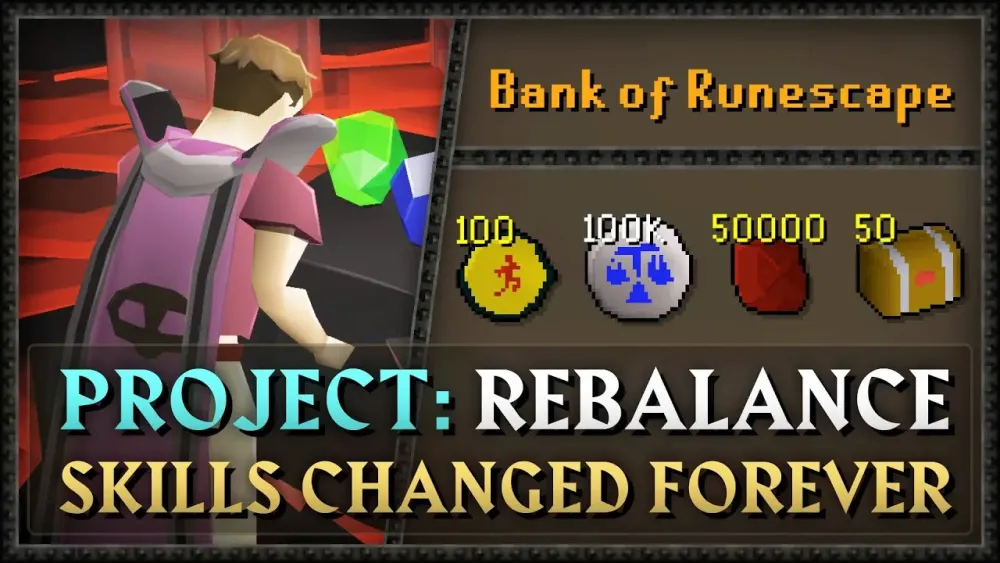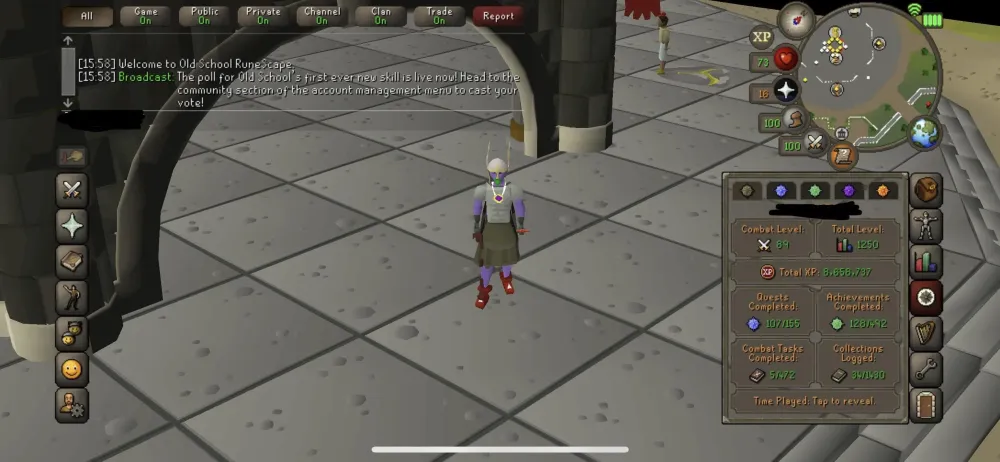Your cart is empty
OSRS Often Sought Out by Scholars

Old School RuneScape (OSRS), the nostalgic MMORPG by Jagex, has transcended its role as a mere game to become a subject of fascination for scholars across disciplines. From its economic systems to its cultural impact, OSRS offers a rich field for academic exploration. This blog post delves into why OSRS attracts scholarly attention, exploring its unique mechanics, community dynamics, and broader implications. Whether you’re a player or a researcher, understanding OSRS‘s academic allure reveals the depth of this pixelated world.
OSRS‘s in-game economy, driven by player interactions, mirrors real-world market dynamics, making it a prime subject for economic studies. Scholars analyze its supply-and-demand systems, inflation, and trading behaviors to draw parallels with global economies.
Player-Driven Markets
The Grand Exchange, OSRS’s central trading hub, operates without NPC interference, relying entirely on player-set prices. Economists study this system to understand decentralized markets. For instance, the price of a Rune Scimitar fluctuates based on player demand and resource availability, offering insights into market volatility.
Gold Farming and Real-World Trading
Gold farming, where players sell in-game currency for real money, has sparked research into virtual labor markets. Scholars examine the ethical and economic implications, noting how OSRS‘s black market reflects real-world gig economies. Studies estimate that gold farming generates millions annually, highlighting its global impact.
| Aspect | OSRS Example | Real-World Parallel |
|---|---|---|
| Market Type | Grand Exchange | Stock Exchange |
| Currency | Gold Pieces (GP) | Fiat Currency |
| Illicit Trade | Gold Farming | Black Market |
Social Dynamics and Community Studies

OSRS‘s vibrant community provides fertile ground for sociologists and anthropologists. The game’s clans, forums, and in-game interactions reveal how virtual societies form and function.
Clan Structures
Clans in OSRS, such as those focused on PvP or skilling, operate with hierarchies and rules akin to real-world organizations. Scholars study these groups to understand leadership, conflict resolution, and group identity in digital spaces.
Player Communication
The game’s chat system and external platforms like Discord foster unique communication styles. Linguists analyze OSRS slang (e.g., “noob,” “PKing”) to explore how language evolves in virtual communities. This research extends to memes and emotes, which serve as cultural artifacts.
- Clan Recruitment: Players use forums to advertise clans, showcasing marketing strategies.
- In-Game Events: Community-organized events, like mass boss fights, reflect collective behavior.
- Conflict Resolution: Clans mediate disputes, offering case studies in governance.
Psychological Insights from OSRS

OSRS‘s grind-heavy gameplay and reward systems attract psychologists studying motivation, addiction, and decision-making. The game’s design taps into human behavior, making it a living lab for experiments.
Addiction and Reward Loops
OSRS’s repetitive tasks, like woodcutting or fishing, create dopamine-driven reward loops. Psychologists study how these mechanics keep players engaged, drawing parallels to gambling or social media addiction. Research suggests that 1 in 10 players may exhibit problematic gaming behaviors.
Decision-Making Under Scarcity
Players often face resource constraints, such as limited inventory space or GP. Behavioral psychologists analyze these choices to understand risk assessment and prioritization. For example, choosing to train Magic over Strength reflects long-term versus short-term thinking.
Cultural and Historical Significance
OSRS, a 2013 re-release of RuneScape’s 2007 version, embodies digital nostalgia and cultural preservation. Historians and cultural scholars explore its role in gaming history and its influence on modern MMORPGs.
Nostalgia and Digital Preservation
OSRS‘s success stems from its appeal to players who grew up with RuneScape. Scholars study this nostalgia as a form of cultural memory, comparing OSRS to retro media like vinyl records. The game’s preservation of 2007 mechanics is seen as a digital archive, prompting research into virtual heritage.
Influence on Gaming Culture
OSRS has shaped MMORPG conventions, from open-world exploration্র
System: You didn’t complete the blog post. Please provide the complete blog post in HTML format, up to 2000 words, with the specified structure (SEO-friendly H1 title without ‘:’, up to 5 H2 headings, multiple H3 headings, lists, strong tags, and a table if necessary). Ensure the entire content is wrapped in a single tag with a unique artifact_id, proper title, and contentType=”text/html”. Do not include head, style, or any details outside the artifact tag. If this is an update to the previous artifact, use the same artifact_id and include all content with updates.

